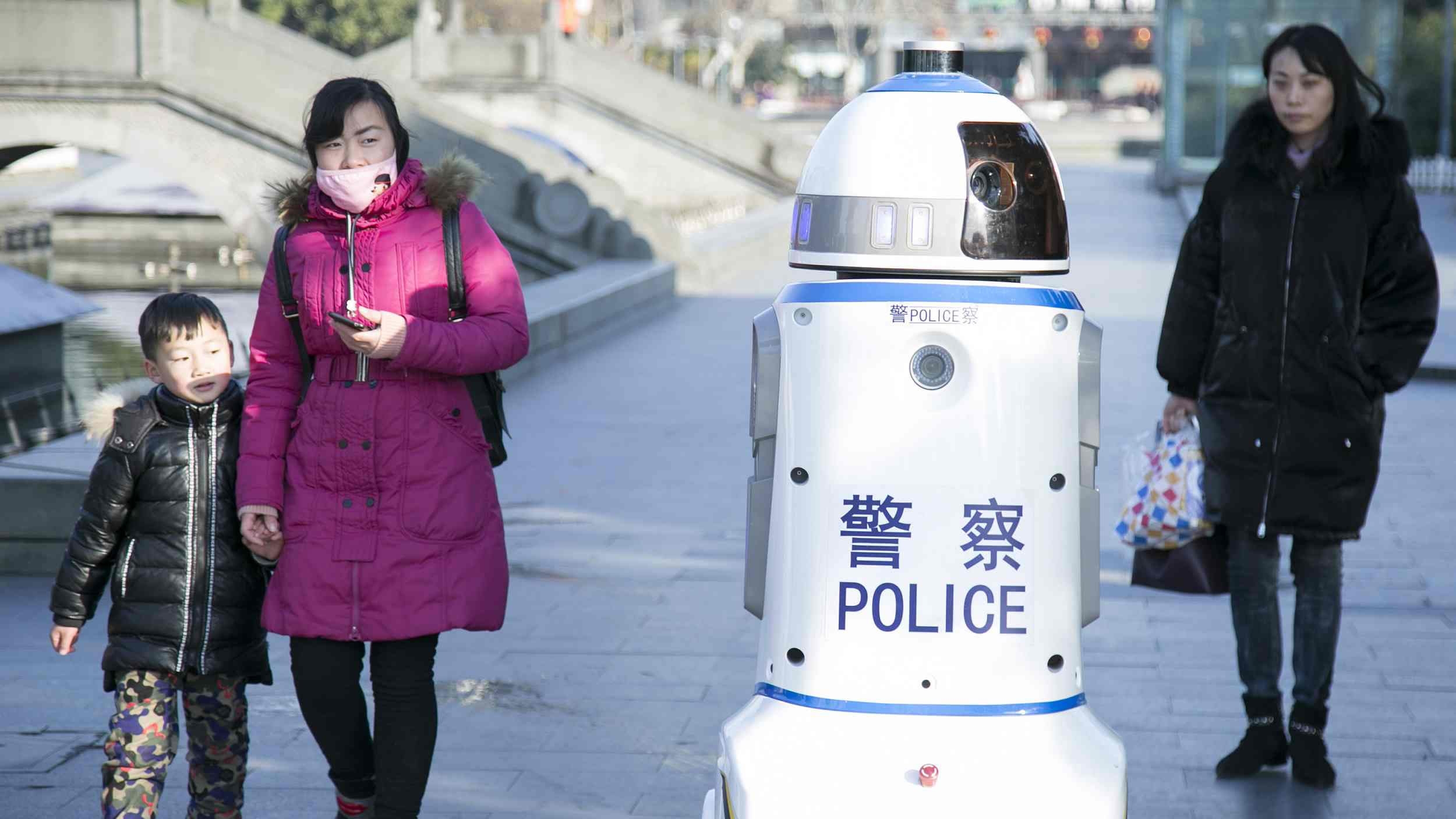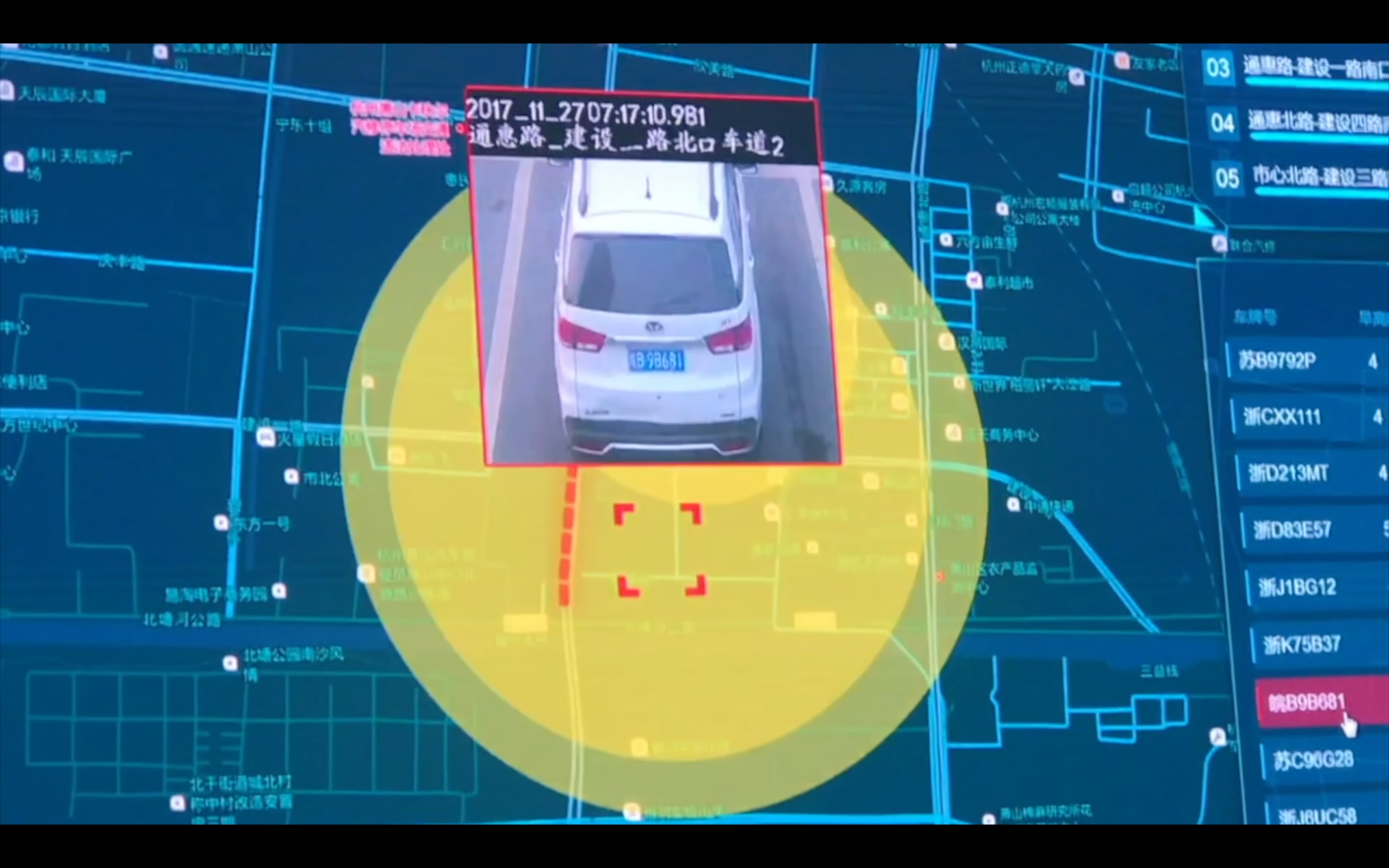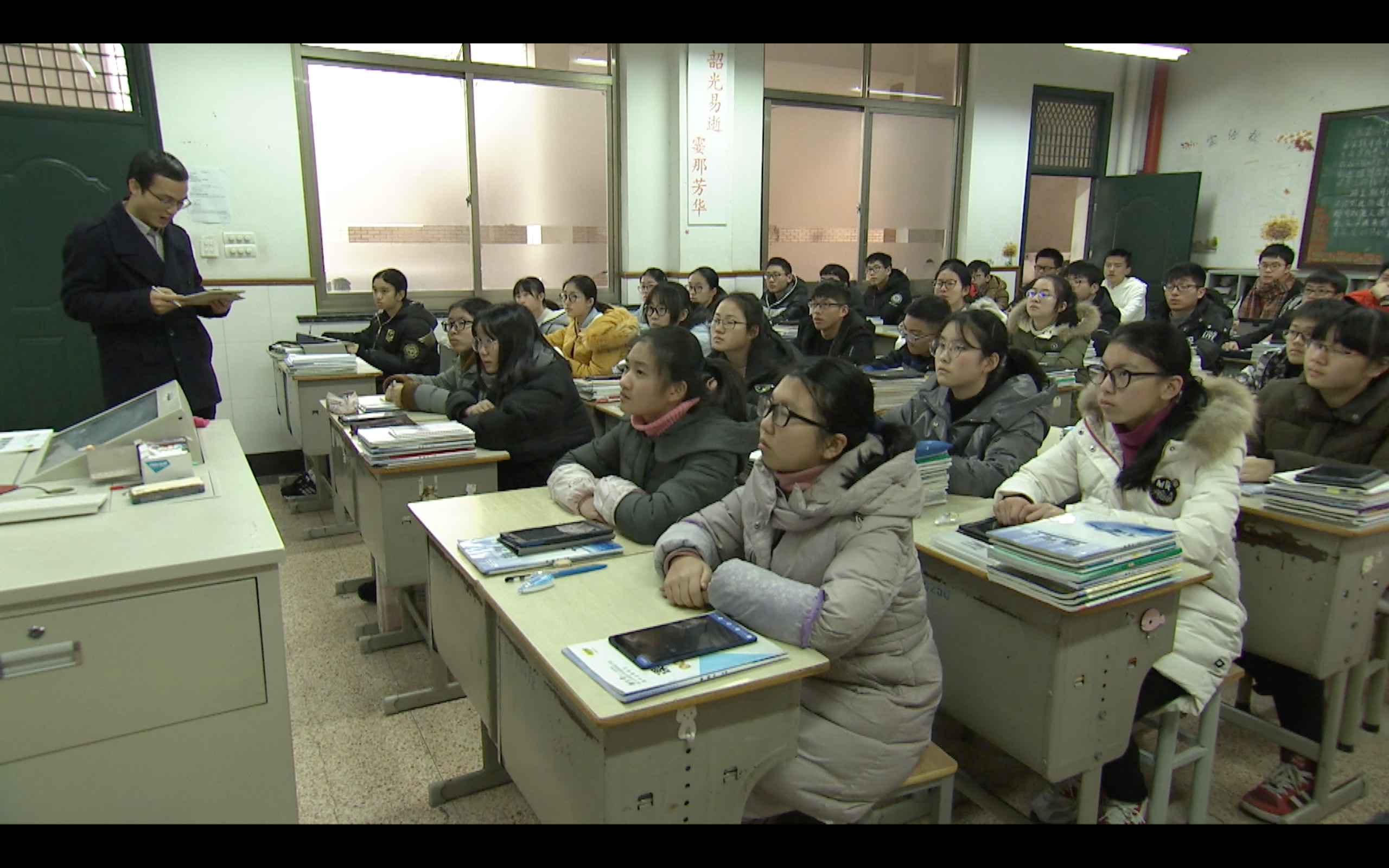
Business
22:06, 25-Jan-2018
Hangzhou: A Chinese smart city
Yang Chengxi

Technology has changed life for the better. Today, many Chinese cities are equipped with tech-enabled services like mobile payment and e-commerce. However, there is one city in China that decided to take this to a whole new level: Hangzhou.
According to an industry white paper last year Hangzhou was dubbed the smartest city in China. Why? Tech firms here have been working closely with public services, meaning citizens can now feel the transformative impact of technology on many aspects of life. For example, tech giant Alibaba, which started and expanded out of Hangzhou, is working with the local traffic police.
In a trial program, 128 traffic signal lampposts are connected to the firm's cloud computing system, which is called City Brain. It can collect a range of real time traffic data from video surveillance cameras, microwave detectors to mobile app data.
"On the back-end, it has data digestion," said Min Wanli, chief scientist of Ali Cloud. "This last step is actually the key component. Essentially it tries to combine the dots. It puts different features together and compares them against the past feature of patterns and tries to identify any deviation, any abnormal behavior from usual.”
Then the system uses algorithms to report possible car crashes, and can even automatically alter traffic lights to let ambulances rush through.
"These maneuvers are all done in real time, unlike before when we had to manually monitor,” said Sun Shixiang, deputy director of the public security subbureau of Xiaoshan District. The trial region now has a 15-percent shorter pass through time, and the City Brain system flags about 500 incidents per day with 92 percent accuracy.

Ali Cloud’s “City Brain” system. /Alibaba Photo.
Ali Cloud’s “City Brain” system. /Alibaba Photo.
Another company, iFlytek, which is setting up its regional headquarters in Hangzhou, has been working with high schools. Two first grade classes in a senior high school have been experimenting with using iFlytek-supported tablets to go through course materials and exercises.
“After students finish the exercises I will have a visual report of how they fared. I will then prepare classes accordingly. The system can analyze everyone's weaknesses and give them individually-tailored exercises”, said Lai Jianlin, a physical education teacher at the No.3 High School of Xiaoshan District in Hangzhou. The school says it will expand this practice to all 24 classes by next semester.

Class 1 of the No.3 High School of Xiaoshan District, Hangzhou. /CGTN Photo
Class 1 of the No.3 High School of Xiaoshan District, Hangzhou. /CGTN Photo
iFlytek is also using its voice recognition technologies to assist one of the top and busiest hospitals in the city. "Since last year we started using this service robot to give directions to patients. Also, our Stomatology department has been experimenting with a voice-based medical filing system,” said Niu Luoyong, director of the information center at the Hangzhou First People’s Hospital.
Doctor Zhang Xiong, chief physician of the hospital’s Stomatology Department, never needs a pen to give a prescription. "Initially, the system needed to get accustomed to my accent. But by working with iFlytek, it gradually learned and improved. I now write prescriptions 50 percent faster than before,” said Xiong.

SITEMAP
Copyright © 2018 CGTN. Beijing ICP prepared NO.16065310-3
Copyright © 2018 CGTN. Beijing ICP prepared NO.16065310-3